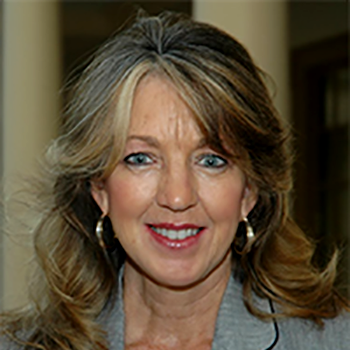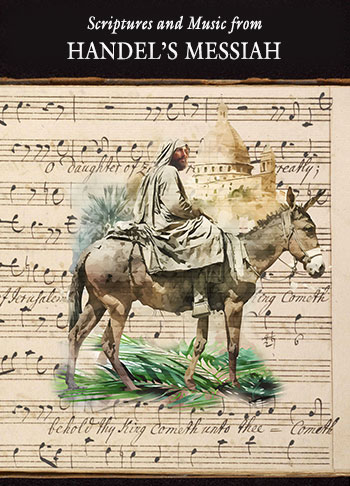Back to series



Then Shall the Eyes of the Blind
No. 19 – Recitative
December 16
View the Full Advent Calendar
Music courtesy of The Falls Church Anglican Choir, Falls Church, Virginia, under the musical direction of Simon Dixon. Audio mastering by Andrew Schooley. From Messiah by George Frideric Handel (1742)
Listen to the full playlist for Handel’s Messiah.
“Then the eyes of the blind shall be opened, and the ears of the deaf shall be unstopped. Then shall the lame man leap as an hart, and the tongue of the dumb sing: for in the wilderness shall waters break out, and streams in the desert.”
– Isaiah 35:5–6

Christ’s holy redemption is the subject of Scene 5 of Handel’s Messiah. It reveals to us a new method of adoration – restoration. Isaiah offers readers of the prophets a sneak peek into the transformative nature of the redemption to come.
While the viola strings suggest a far off hope with its recitative strum, God promises in eloquent alto that His people will undergo a glorious transformation. Eyes that have been closed shall be opened to really see! Ears that have never experienced sound shall hear harmonious oratorios! The lame will leap like deer on the heights! The voiceless will sing at the top of their lungs! And living water will rush in to cleanse and irrigate this new life.
Scripture is more than great text—it is life itself. Handel’s lyricist, Charles Jennens, understood this, and allowed the text to optimize itself, stating that its subject “excels every other subject.”1 God in His Word brings bios—physical life; it brings psuke —identity; it brings zoe—eternal life. Have you suffered? You will recover! Have you become lifeless? You will be revitalized! Have you experienced loss? Restoration is ahead!
Handel first offered his Messiah in a church in Ireland, a vulnerable island where tribes of people had been expended and used again and again by force and slavery and mercenary reprisal. That is where God goes—where the human soul longs for new life. I am also reminded that when Handel’s Messiah was performed before King George, the king stood for the King of Kings; and that habit has persisted to this day. The Messiah, the King of Kings, brings with Himself holy redemption, restoration, and flourishing for all humanity— from outcast to king.
![]()
Prayer
Thank You, Heavenly Father, thank You.
Amen.
Notes:
1 Stapert, Handel’s Messiah, 41.

Lynne Marie Kohm
ProfessorLynne Marie Kohm, serves as the John Brown McCarty Professor of Family Law at Regent University School of Law. She is the author of the books Estate Planning Success for Women and The Christian Guide to Wills, Living Trusts and Estate Planning. Her professional affiliations include and have included the Virginia State Bar Family Law Section Board of Governors, Virginia Bar Association Domestic Relations Council, Christian Legal Society, American Bar Association, Eagle Forum, Alliance Defense Fund, Concerned Women for America, and Bethany Christian Services. She and her husband have two children.




